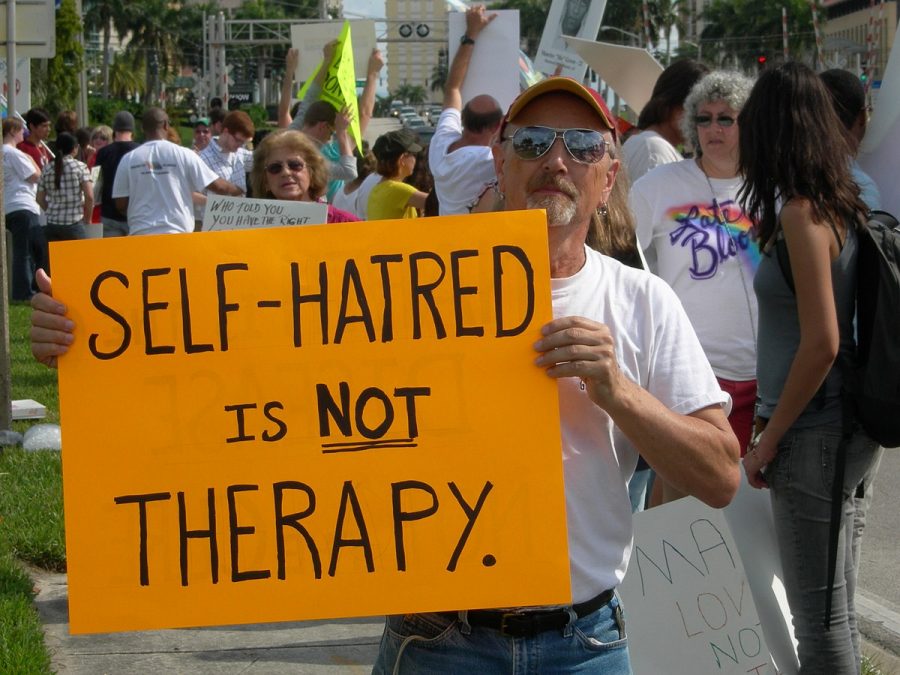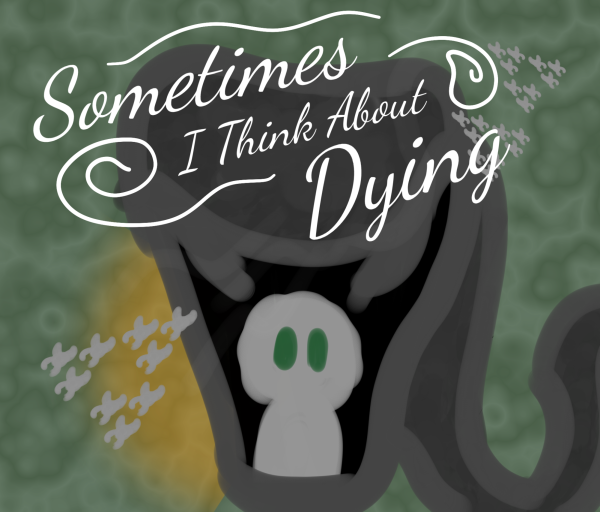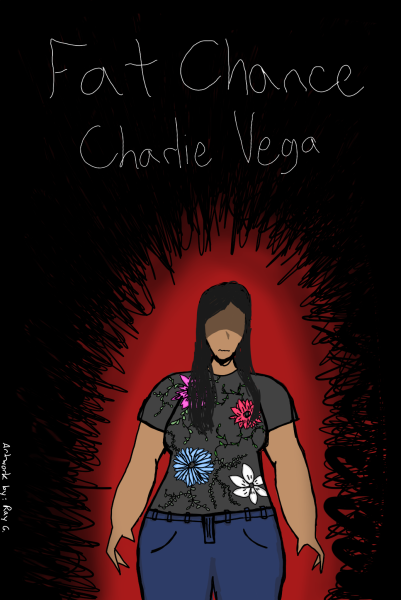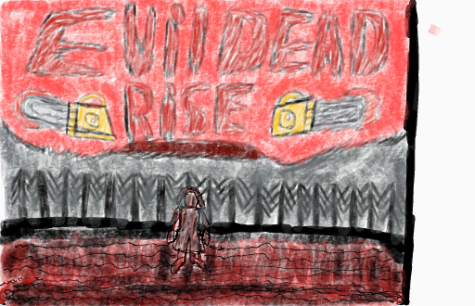Indiana should have banned conversion therapy
Protestors in 2009 fight for their rights, some of which could have been granted by the passing of an Indiana senate bill earlier this year.
An estimated 16,000 LGBTQ+ youth ages 13–17 will receive conversion therapy from a licensed health care professional before they reach the age of 18 in states allowing the practice. Conversion therapy aims to change an individual’s sexuality to heterosexual, the methods of which range from reintegrative therapy to “praying the gay away” and even corrective rape. As of 2020, 20 states have statewide bans on conversion therapy, and six states have local bans, while the other 24 do not ban conversion therapy.
Of these 24 states, Indiana attempted to pass legislation banning conversion therapy earlier this year. Out-and-proud Senator J.D. Ford and ally Representative Sue Errington introduced Indiana Senate Bill 32 on January 4, 2021. If passed, the bill would have banned mental health providers from engaging in conversion therapy on minors.
But the bill was not heard.
The consequences could be severe: When their sexual identity is rejected, LGBTQ+ teens are eight times more likely to attempt suicide. Research shows the rates of suicide attempts among LGBTQ+ youth whose parents have tried to change their sexual orientation is 48%, over double the amount of those with no conversion experiences at 22%. Suicide attempts nearly tripled at 63% for LGBTQ+ youth with conversion experiences by parents, religious leaders, and therapists. Regardless of religious or moral beliefs, the positive correlation between conversion therapy and suicidal adolescents should be concerning.
The passing of SB 32 would also have altered Indiana’s reputation of intolerance. Indiana’s conservative reputation largely stems from former vice president and governor Mike Pence. Pence demonstrated anti-LGBTQ+ views several times throughout his political career, such as by voting against the Employment Non-Discrimination Act in 2007, which would have outlawed discrimination based on sexual orientation across the US on the grounds of religious freedom. Currently, Illinois is the only midwestern state banning conversion therapy. If SB 32 had passed, Indiana would be the second midwestern state to ban conversion therapy.
According to a 2014 Gallup poll, 37% of Americans think being gay is a result of one’s upbringing and environment, and a 2010 Gallup poll shows 43% of Americans think being gay is morally wrong. However, Senator Ford argues that “a person’s sexual orientation or gender identity is not a disease that needs a cure.”
He is backed by major medical and mental health organizations in America. According to the American Association for Marriage and Family Therapy, “same sex orientation is not a mental disorder.”
Furthermore, the American Academy of Child Adolescent Psychiatry “finds no evidence to support the application of ‘therapeutic intervention’ under the premise that a specific sexual orientation, gender identity, and/or gender expression is pathological.”
Conversion therapy is linked to depression and suicidal thoughts among LGBTQ+ youth. It is not scientifically based, nor is it shown to provide positive effects. In the words of Senator Ford, being homosexual isn’t a disease that needs curing, and it shouldn’t be treated as such. If Indiana’s Senate Bill 32 had been passed, we would have been one step closer to a world where LGBTQ+ youth are accepted for who they are.

A sophomore at Beaverton High School, Jayda creates art for some of The Hummer’s articles and writes opinion pieces. She enjoys dark academia, cottage...



![About The Weather was released in 2023 as the first album by Portland emo band, Mauve. [About The Weather Album Cover]](https://beavertonhummer.com/wp-content/uploads/2024/05/AboutTheWeather.jpg)







